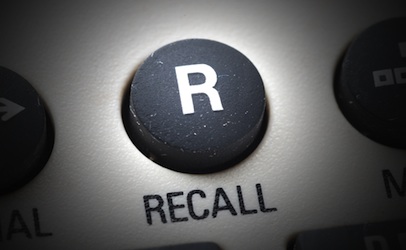 Consumers have grown accustomed to the routine of food safety recalls: A food company announces a recall after releasing a product into the market that later turns out to be contaminated with a harmful pathogen, or is otherwise faulty. The company advises customers to check the identifying numbers on the product to see if theirs is part of the recall, and, if it is, return or toss it. However, by the time that happens, much of the affected product may already have been consumed. And, if the product causes an outbreak, it typically infects the majority of its victims before the company can issue a recall. Given that recalls are often not issued until after the damage has been done, the question has regularly been raised in the food industry as to whether or not recalls are an effective tool in food safety. The question was the topic of a debate at this year’s International Association of Food Protection (IAFP) conference in Indianapolis. That debate featured arguments from Barbara Kowalcyk, Ph.D., CEO of the Center for Foodborne Illness Research and Prevention, and Robert Brackett, Ph.D., head of the Institute for Food Safety and Health at the Illinois Institute of Technology.
Consumers have grown accustomed to the routine of food safety recalls: A food company announces a recall after releasing a product into the market that later turns out to be contaminated with a harmful pathogen, or is otherwise faulty. The company advises customers to check the identifying numbers on the product to see if theirs is part of the recall, and, if it is, return or toss it. However, by the time that happens, much of the affected product may already have been consumed. And, if the product causes an outbreak, it typically infects the majority of its victims before the company can issue a recall. Given that recalls are often not issued until after the damage has been done, the question has regularly been raised in the food industry as to whether or not recalls are an effective tool in food safety. The question was the topic of a debate at this year’s International Association of Food Protection (IAFP) conference in Indianapolis. That debate featured arguments from Barbara Kowalcyk, Ph.D., CEO of the Center for Foodborne Illness Research and Prevention, and Robert Brackett, Ph.D., head of the Institute for Food Safety and Health at the Illinois Institute of Technology. 

Sponsored by Marler Clark
